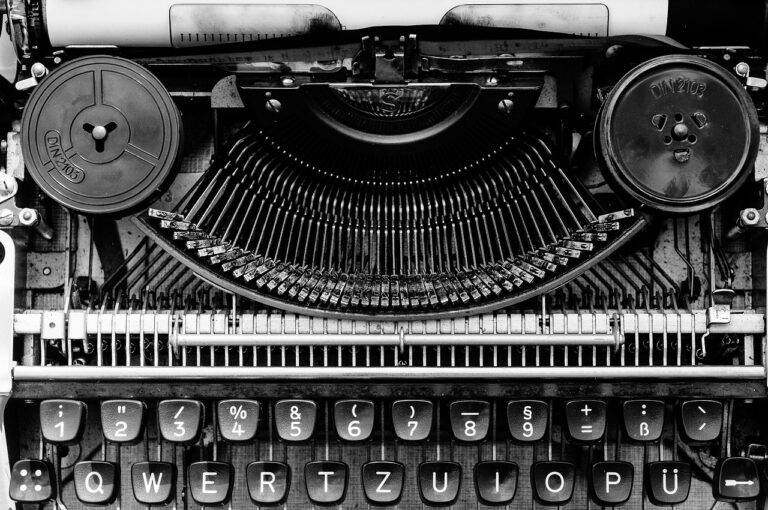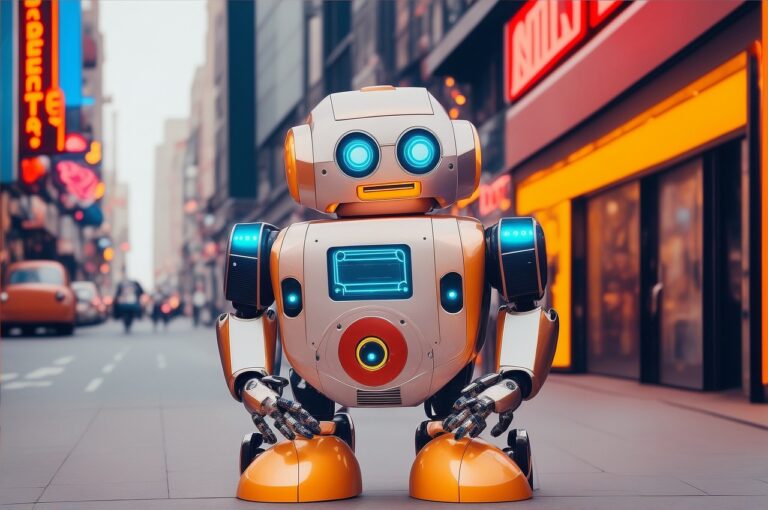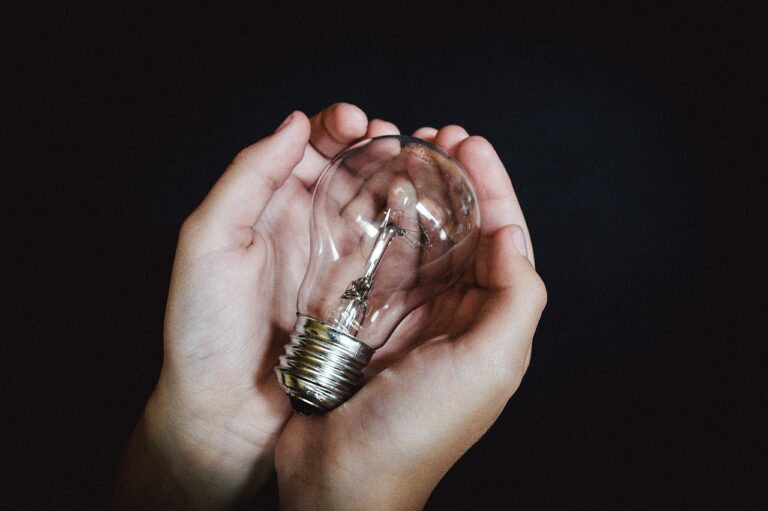NFTs (Non-Fungible Tokens): Redefining Digital Ownership
In the digital age, the concept of unique digital assets has emerged as a revolutionary phenomenon. These assets, called non-fungible tokens (NFTs), are one-of-a-kind digital representations of art, collectibles, and other items. Unlike traditional assets, NFTs are indivisible and cannot be replicated, making them truly unique in the online world.
Creators and collectors alike are flocking to the world of unique digital assets, drawn by the potential for ownership and authenticity in a virtual space. From digital artwork to virtual real estate, the market for NFTs is expanding rapidly, offering a new way for individuals to own and showcase their digital possessions. As this trend continues to gain momentum, the world of unique digital assets is poised to reshape the way we perceive and interact with digital ownership.
Understanding the Concept of Tokenization
Tokenization is a process that involves converting real-world assets into digital tokens on a blockchain. These tokens represent ownership or stakes in the underlying asset, making it easier to trade and transfer ownership. By tokenizing assets, individuals can fractionalize ownership, enabling greater accessibility to investments that were previously out of reach for many.
Blockchain technology plays a crucial role in tokenization by ensuring transparency, security, and immutability of transactions. Smart contracts are often used to automate the process of tokenizing assets, providing a trustless and decentralized mechanism for trading digital tokens. As tokenization gains momentum across various industries, it is reshaping traditional concepts of ownership and investment, opening up new opportunities for both businesses and individuals.
• Tokenization involves converting real-world assets into digital tokens on a blockchain
• Tokens represent ownership or stakes in the underlying asset, making trading and transfer easier
• Fractionalize ownership allows greater accessibility to investments previously out of reach
• Blockchain technology ensures transparency, security, and immutability of transactions
• Smart contracts automate the process of tokenizing assets for trustless and decentralized trading
• Tokenization is reshaping traditional concepts of ownership and investment across industries
Exploring the Value of Digital Collectibles
Digital collectibles have emerged as a fascinating category in the world of blockchain technology. These unique digital assets hold intrinsic value for collectors and enthusiasts alike. Unlike physical collectibles, digital versions offer the advantage of provable scarcity and immutability through blockchain technology, adding a new layer of authenticity and security to the collectibles market.
The value of digital collectibles also lies in their potential for interoperability across various platforms and ecosystems. This interoperability allows collectors to seamlessly trade and exchange their digital assets, creating a fluid and dynamic market for these unique items. Additionally, the ability to fractionalize digital collectibles opens up new opportunities for ownership and investment, further enhancing their value in the digital landscape.
What are digital collectibles?
Digital collectibles are unique assets that exist in digital form, such as digital art, virtual trading cards, and other digital items that can be bought, sold, and traded.
How do digital collectibles gain value?
The value of digital collectibles is often determined by factors such as scarcity, demand, and the uniqueness of the item. Collectors are willing to pay a premium for items that are rare or highly coveted.
What is tokenization in the context of digital collectibles?
Tokenization refers to the process of representing a real-world asset, such as a piece of art or a collectible item, as a digital token on a blockchain. This allows for the ownership and transfer of the asset to be recorded securely and transparently.
Are digital collectibles a good investment?
Like any investment, the value of digital collectibles can fluctuate and there is no guarantee of returns. However, some collectors have seen significant profits from buying and selling digital collectibles, especially those that have gained popularity over time.
How can I get started with digital collectibles?
To start collecting digital assets, you can explore online marketplaces and platforms that specialize in digital collectibles. It’s important to do your research and understand the market before making any purchases.





